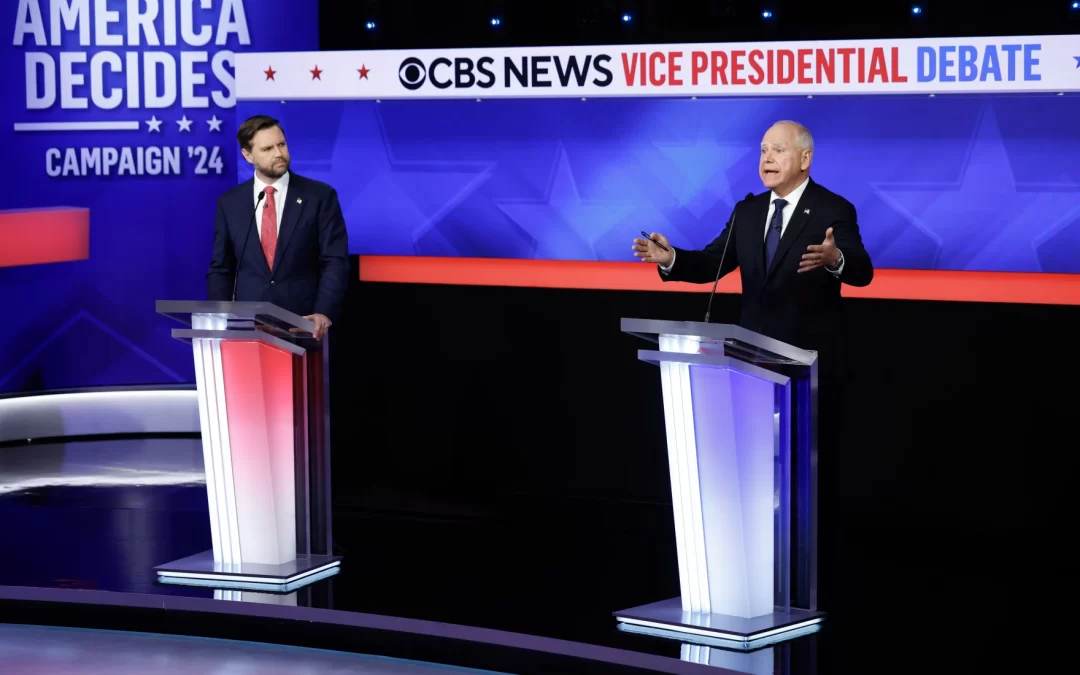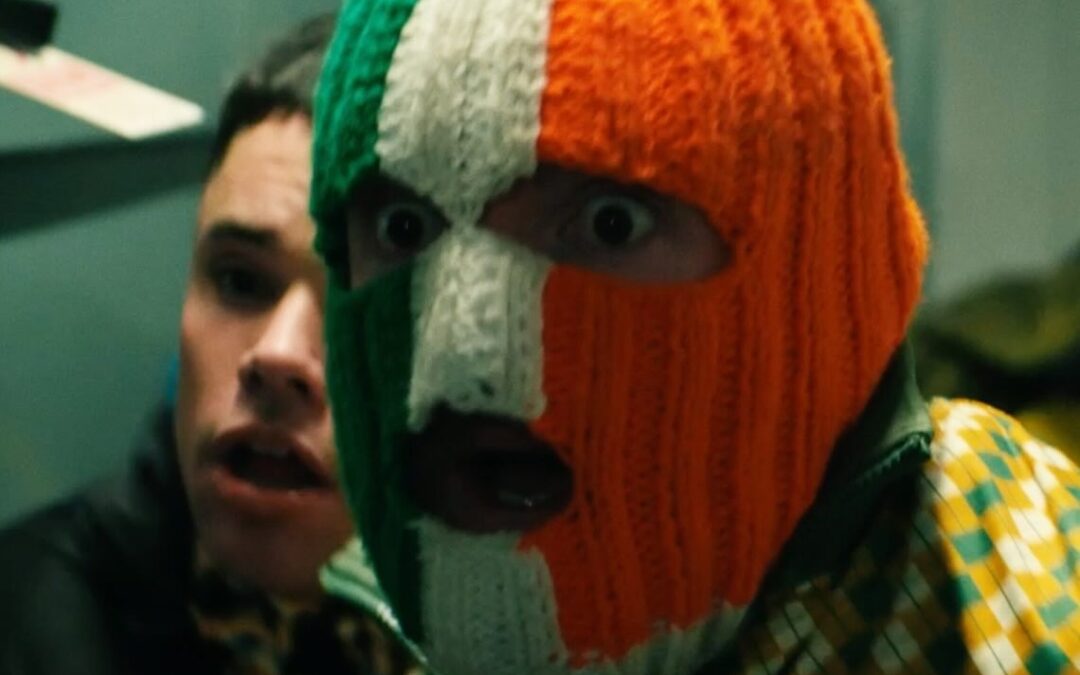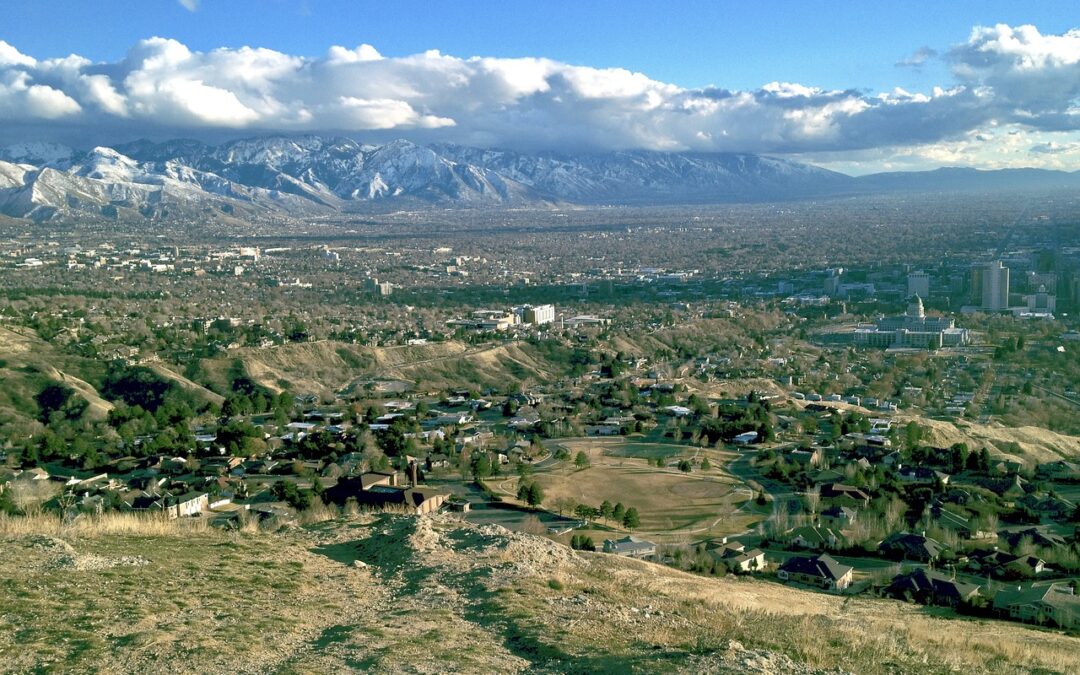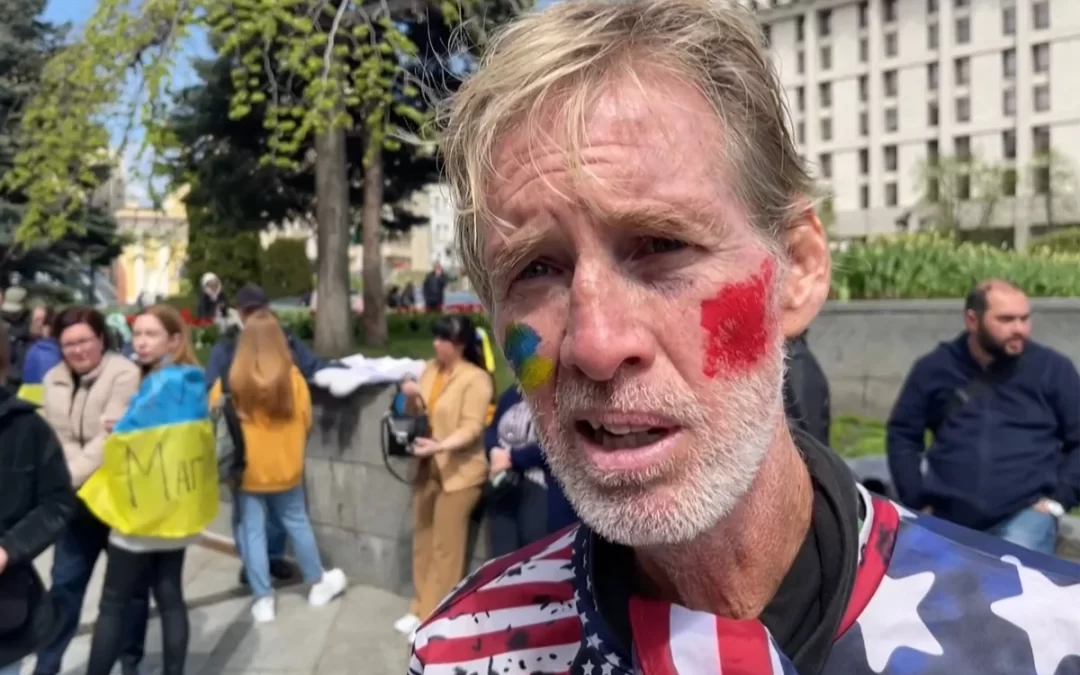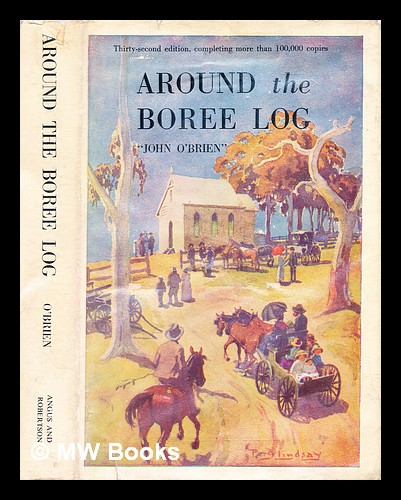
Letter from America - Hanranhan's View and the Republicans!
Litir ó Mheiriceá – Dearcadh Hanrahan agus na Poblachtánaigh!
There's no doubt in the world that Hanrahan’s Outlook is ingrained in us here in the United States of America, as no matter what aspect of the media you view, you can be sure that it won't be long before you hear this battle cry or a similar one being sung by someone from the Republican Party, issuing a dire warning about what will happen if Trump/Vance does not win the presidential election...
“We’ll all be ruined (said Hanrahan),
Before the year is out.”
Talk about a negative attitude!
As everyone knows, the United States of America (USA) is stuffed to the gills with misinformation at the moment and if we want to escape the swamp of mud we are trapped in, we have no other choice but come to our senses, at there is no strength without unity. Don't our politicians need to tell the honest truth, and reveal their plans for how to improve things in the country? But, instead, members of the Republican Party are working hard, not to disprove and defeat negative myths and misinformation, but to invent and spread them! Every chance that Donald Trump and his colleagues get, they share a negative attitude about the Joe Biden Legislature and about the Democratic Party as loudly as possible.
"We will all be ruined if we vote for Kamala Harris in the upcoming presidential election. We'd better go a different route altogether, if we want to get out of this slush hole we're stuck in at the moment with Joe Biden and Kamala Harris."
Now, we all understand that Donald Trump, JD Vance and members of their Party need to promote themselves and to blame the other side. But they throw ugly personal insults at Harris and Walz all the time. They also say things that are not true against them. And neither Trump nor Vance admit that Trump lost the last presidential election. And they don't have a plan in the least, either.
Here's a sample of a few things Donald Trump has been saying recently while campaigning:
Dogs and Geese
In the presidential debate between Trump and Harris, Trump said, with 67 million people watching: "In Springfield they are eating dogs," referring to the Ohio city where many legal immigrants from Haiti live. “They are eating the cats. They are eating … the pets of the people who live there. And this is what is happening in our country, and it is a great shame." Some time later, he was asked a question during an interview on Fox TV asking why he would not admit that such a thing was not taking place. “I don't know if that's true or not. What about the geese? What happened then? They are all missing.”
FEMA
The federal emergency management agency (FEMA) is responsible for providing disaster relief to communities affected by catastrophic disasters (tornadoes, hurricanes, earthquakes and the like). After Hurricane Helene, FEMA workers were on the scene quickly, doing everything they could to help those badly hit by the hurricane. But Trump repeatedly said that FEMA had no money to help the victims. "They spent a lot of money bringing in illegal immigrants... They have no money for people who live here," said Trump. "They have spent the money on the illegal immigrants."
Shoplifters
Speaking at a recent rally in Pennsylvania, former president Trump said the key to preventing crimes like shoplifting is to allow the police to beat the thieves. "If you had one really violent day...a rough hour, and I mean really rough, the news would spread and it would be over immediately."
The enemy within
What Trump has to say about the citizens of his own country is cause for great concern. This is what he said on 'Fox News' recently. “We have some bad guys. We have some radical left wing lunatics. I think that would be very easy to handle with the National Guard, or if necessary, the military" And he said in another interview “We have a lot of bad people, but when you look at Shifty Schiff and some of the others, yes, they are, to me, the enemies within. I think Nancy Pelosi is an enemy within.”
Conclusion
After reading the above (and they are just a few examples!), isn't it hard to believe that Trump has any chance of winning the presidential election? But if the polls are accurate, Trump and Harris are neck and neck so the outcome is unpredictable. Unbelievable!
Trump's former chief of staff, John F. Kelly, said that Trump is a fascist, according to the definition of the word, and would rule as a dictator if allowed, and that he had no understanding of the Constitution or the concept of the rule of law.
In my opinion, I agree with Trump on the enemy within – but I'm not talking about Adam Schiff or Nancy Pelosi, but about Trump himself. Trump is the enemy within. But it is not necessary to use the National Guard or the military to defeat him. Fortunately, we are able to do so peacefully and legally – at the ballot box. The voters in the decisive states - Pennsylvania, Michigan, Nevada, Wisconsin and North Carolina - have a special duty. I urge the people of those states to think deeply before casting their votes - not only for themselves, but for everyone in the country, and for the future of the country. Trump has already shown his hand, and said what he would do as president from now on. With Trump as president, there is a good chance that we may no longer have a democratic country. Putting Trump in office is an irreversible change – don't do it!

